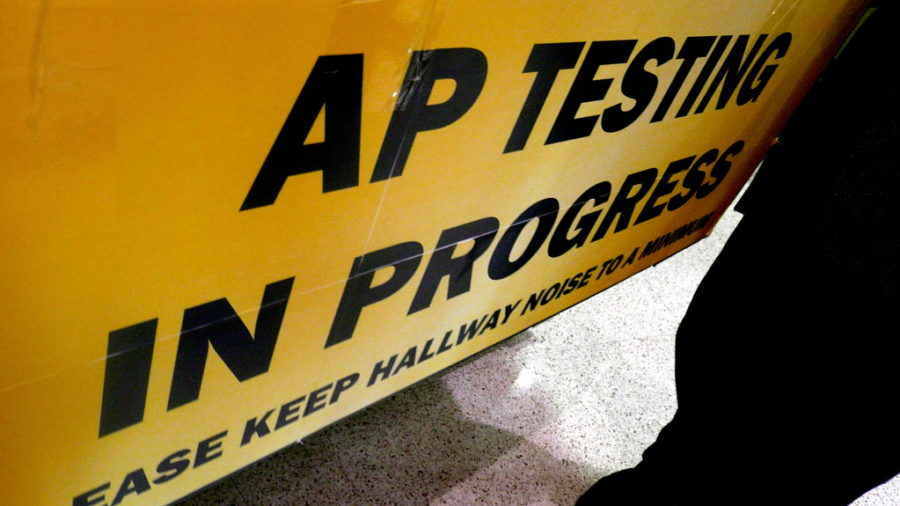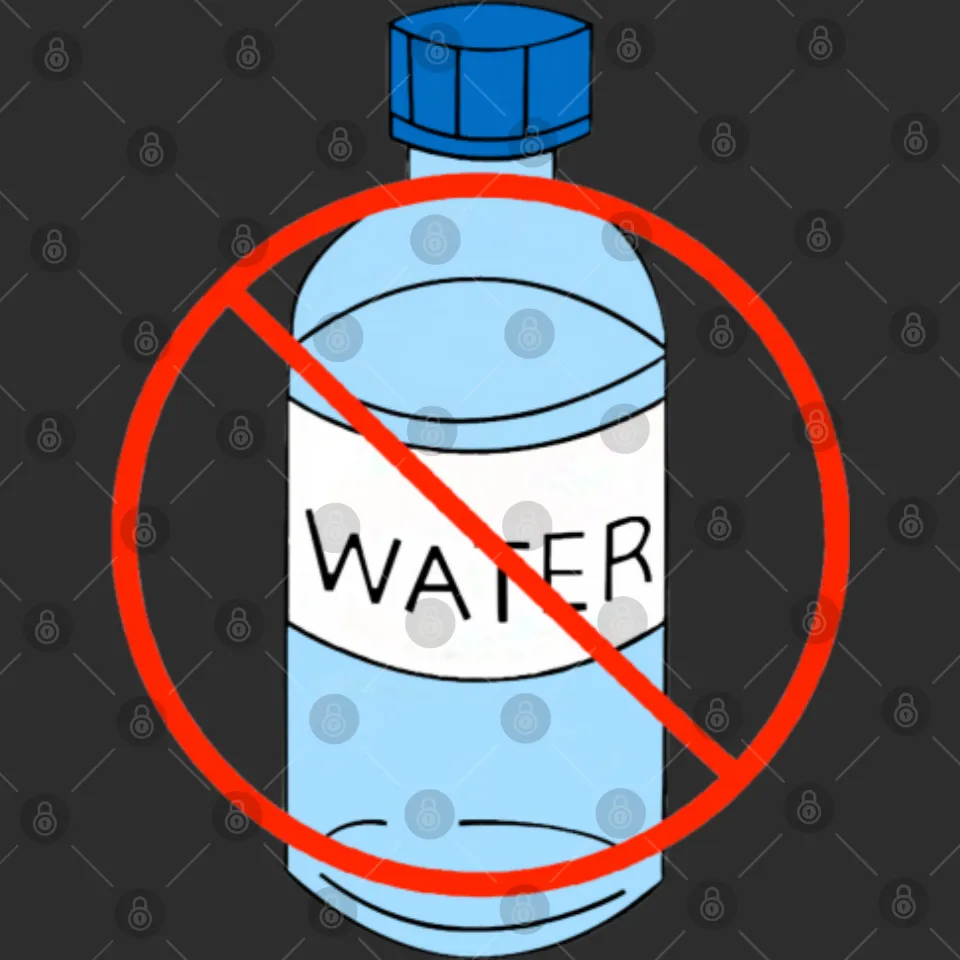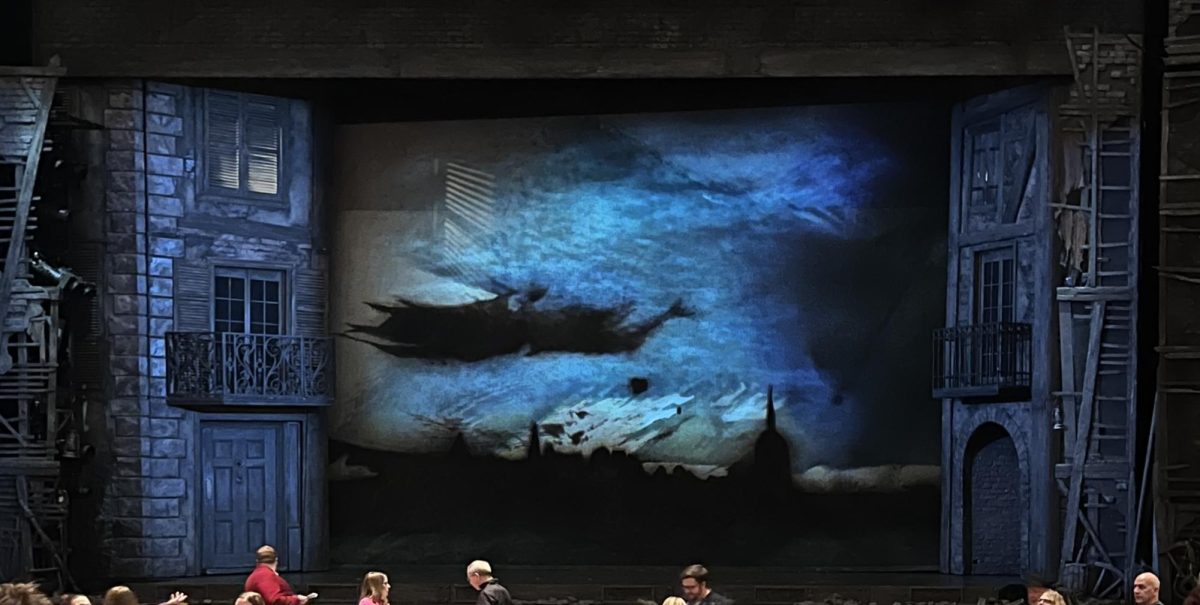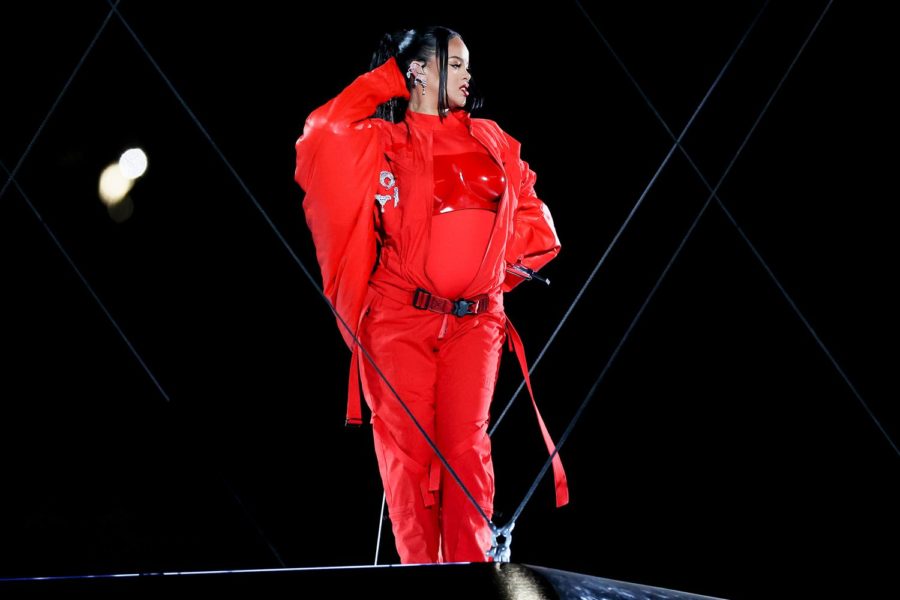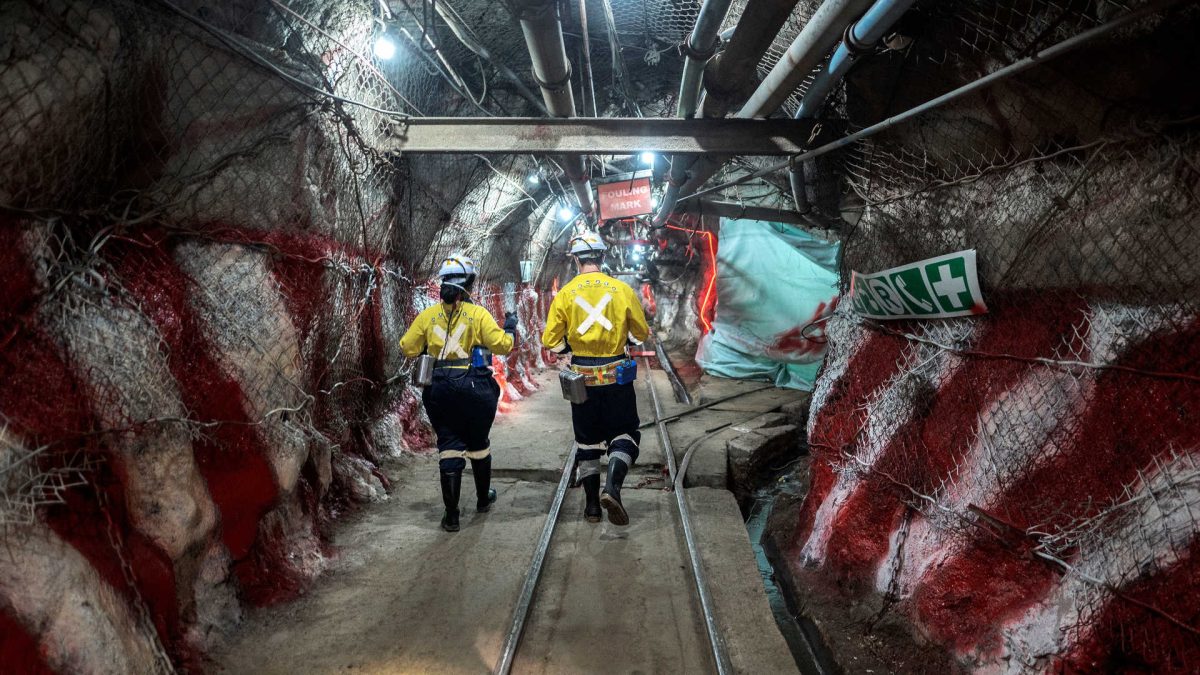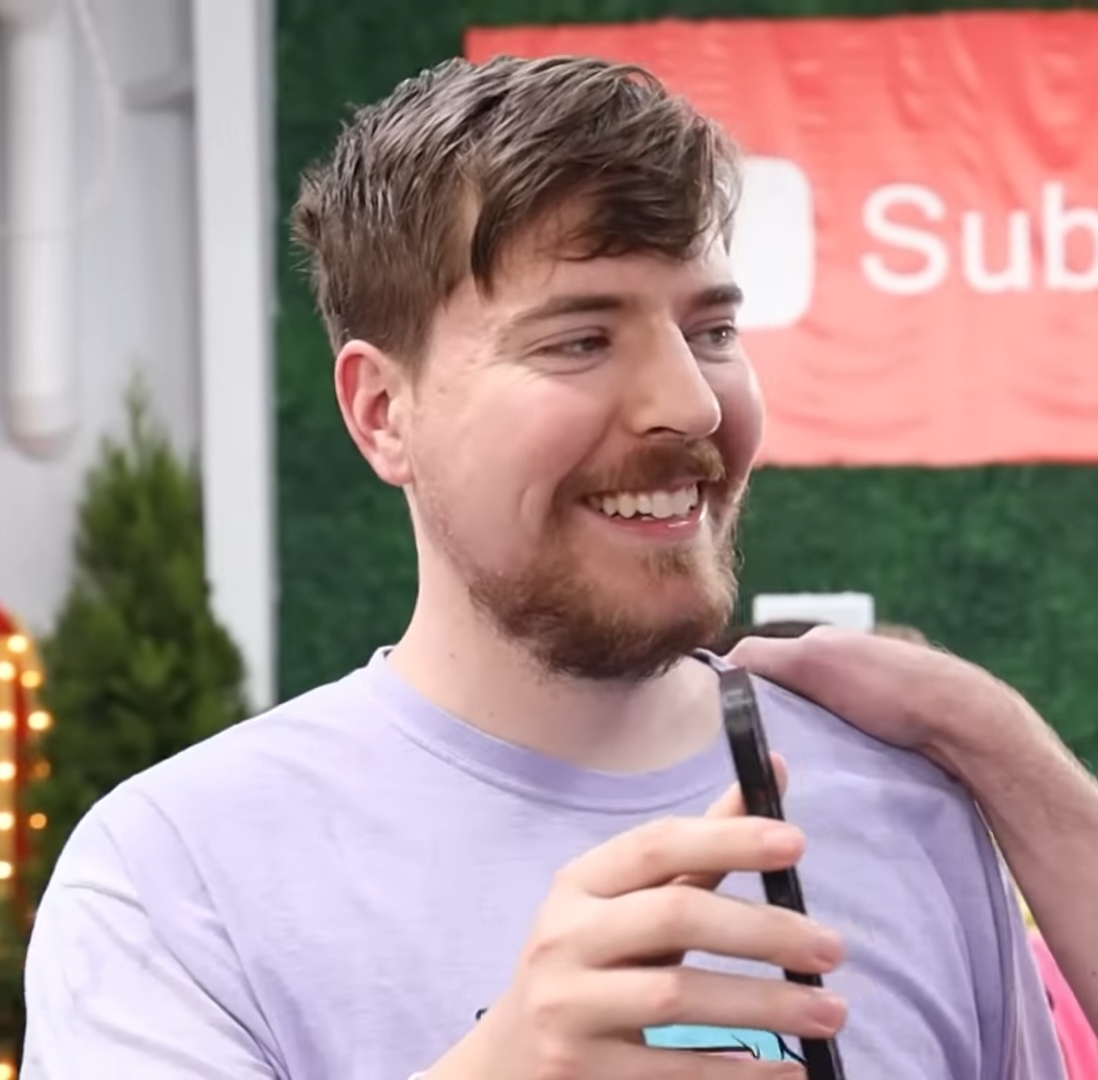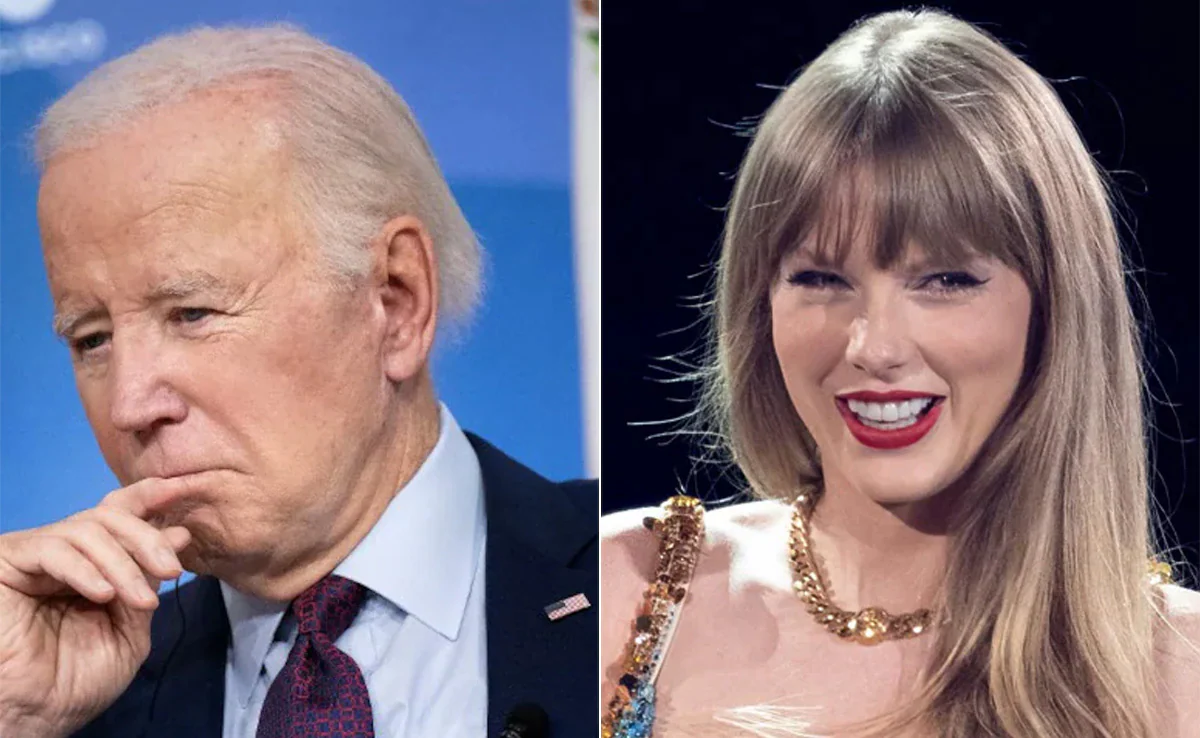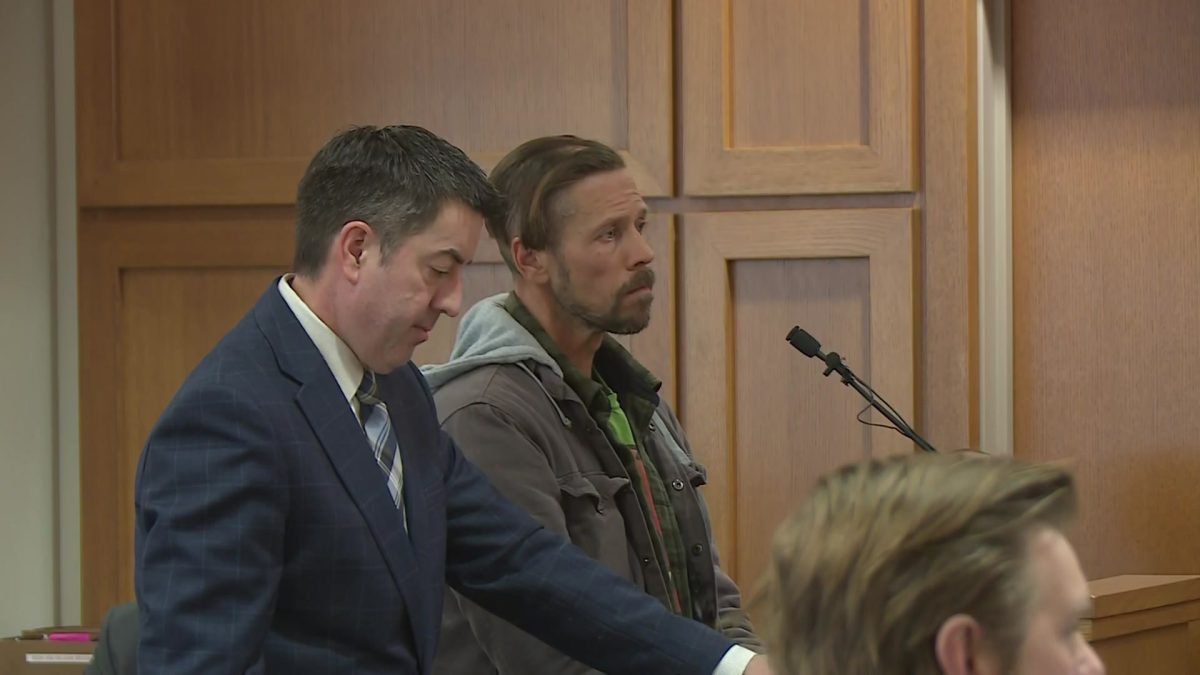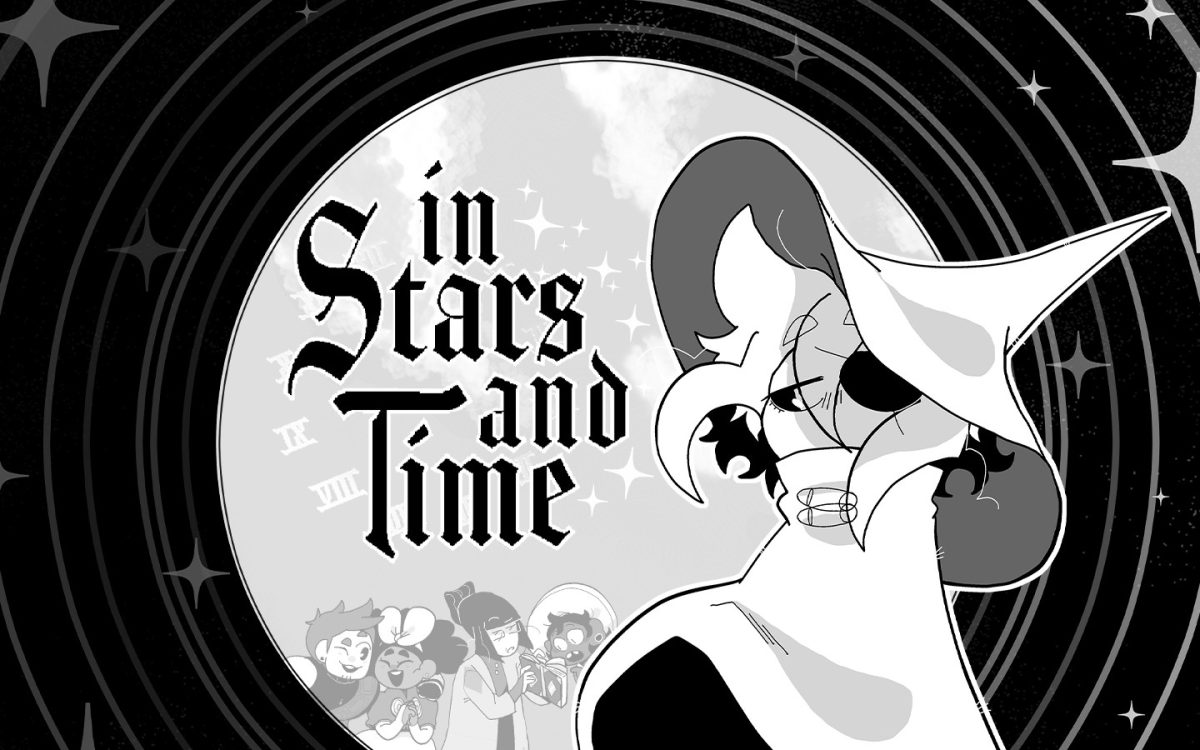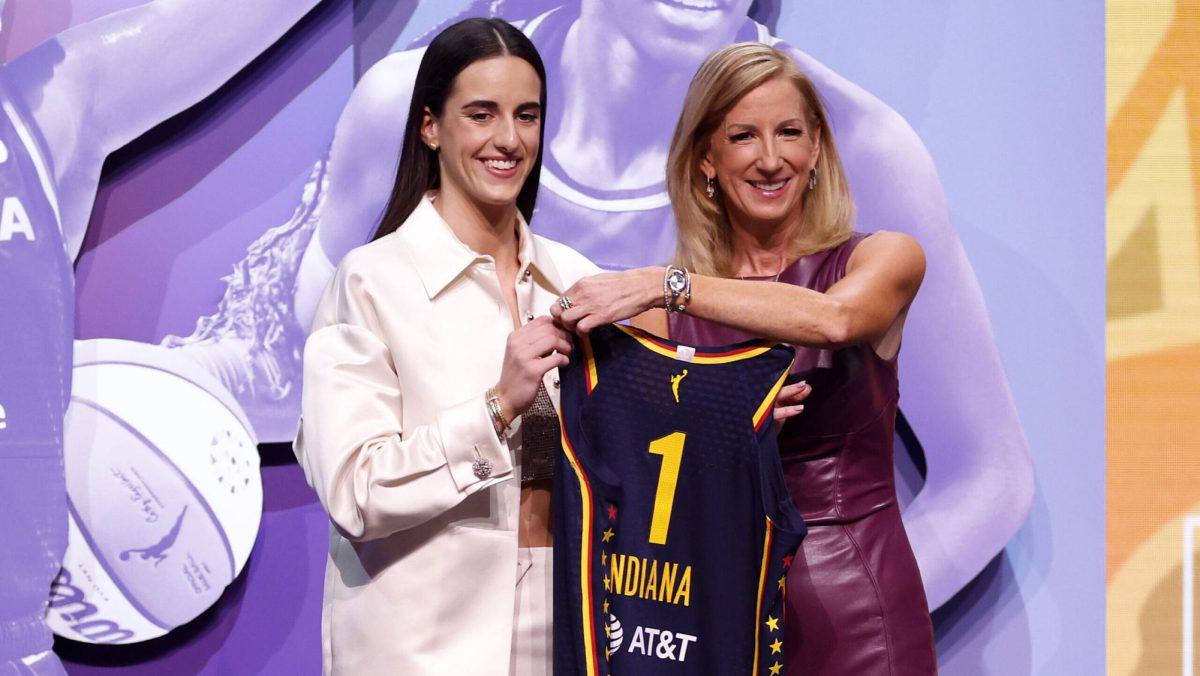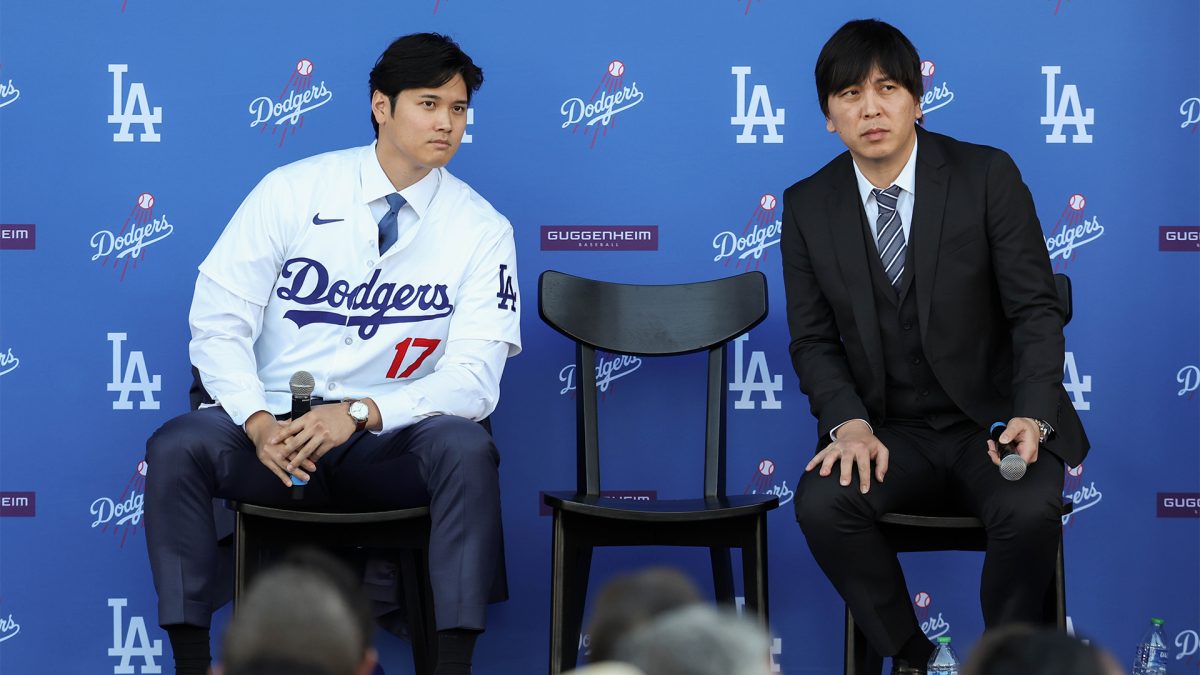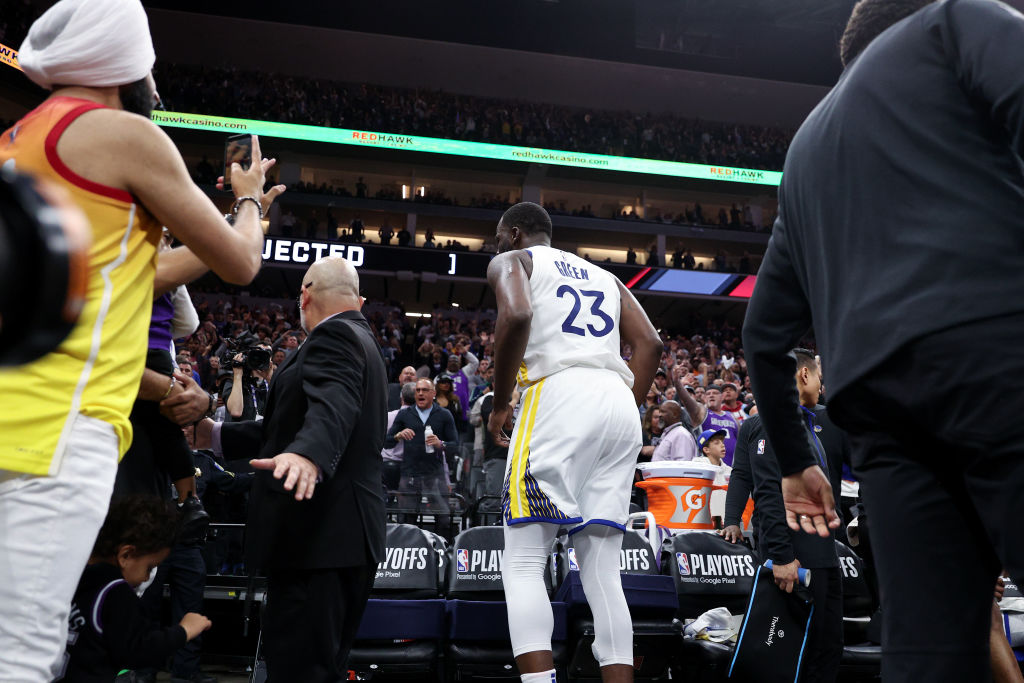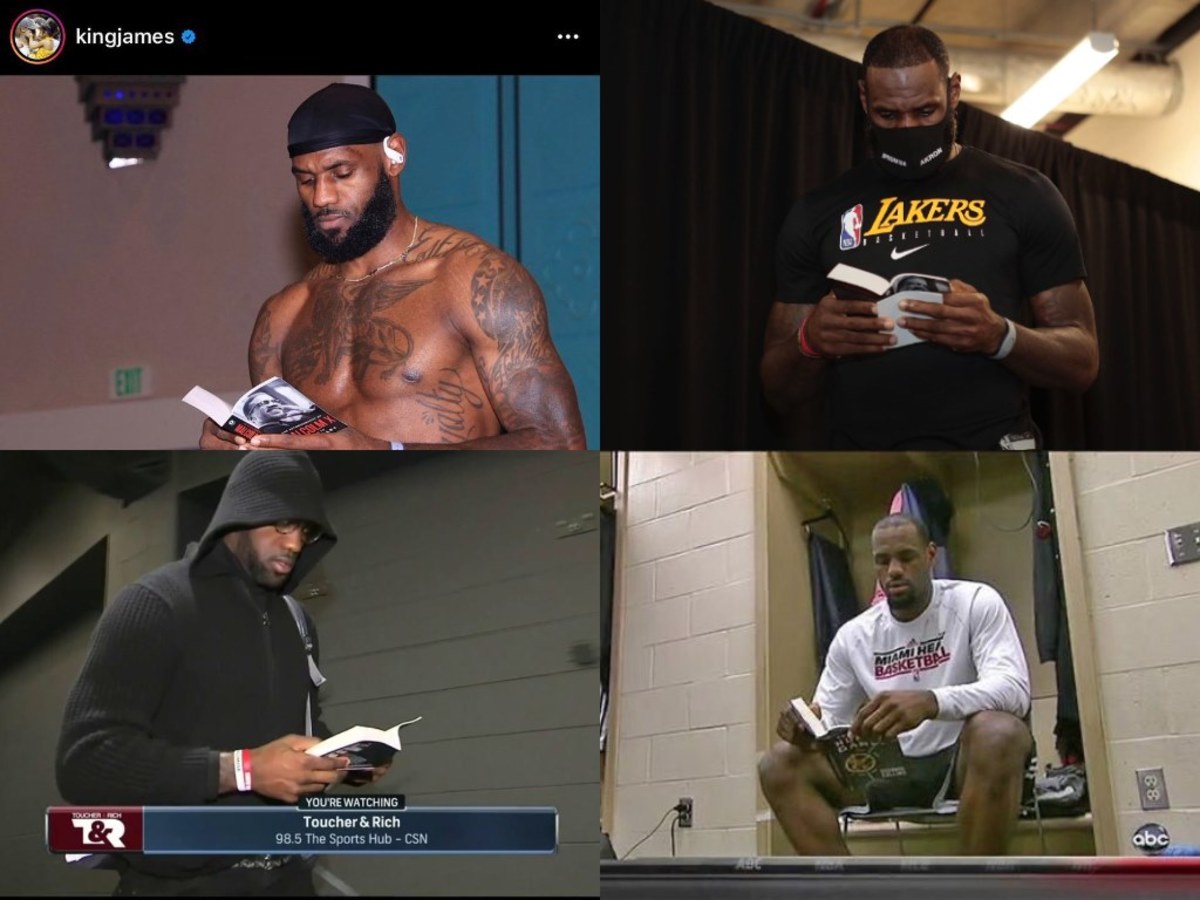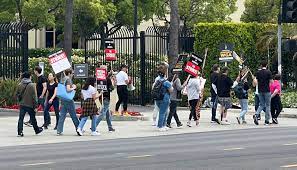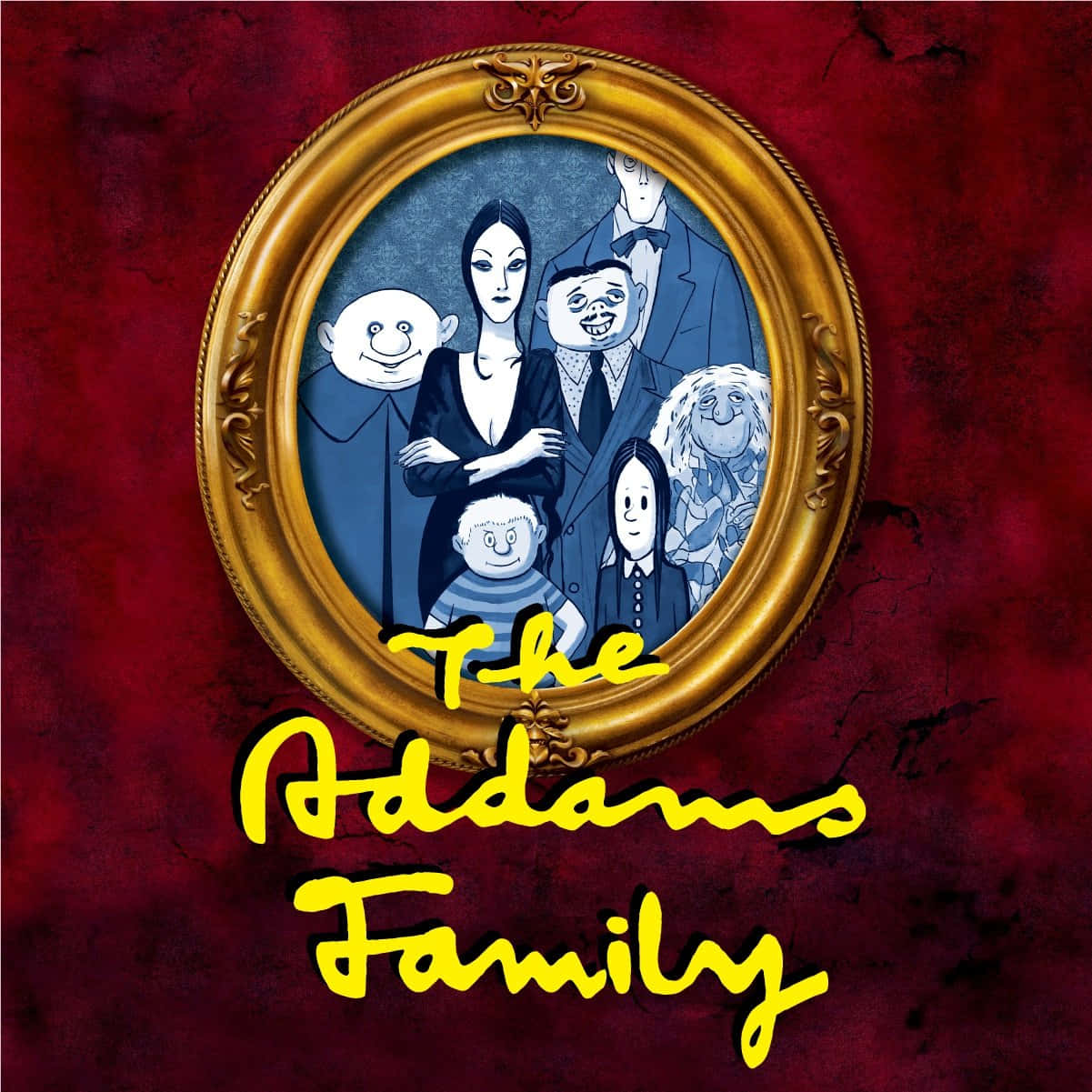On November 9th, 2023, the longest actor’s strike in recorded history finally came to an end. The strike began on July 14, in solidarity with the striking Writer’s Guild of America. The combined length of the two strikes in total reached 146 days, which included an enormous summer blockbuster period and numerous film releases that lived, died, or were delayed by the effects of the strikes. With a single email on November 9th announcing a tentative agreement between SAG-AFTRA and the AMPTP, it all circled to a close.
For anyone who hasn’t been following the strike through its entirety, let’s back it up a bit to spring of this year, with the beginning of the WGA strike. Before the beginning of the strike, the WGA reported submitting multiple proposals to the AMPTP outlining their demands. Documentation from both sides showed that each one of these proposals was rejected by the AMPTP, and reports from the WGA said that the AMPTP refused to engage in any of their core negotiation points. After months of rumors over writer dissatisfaction and burgeoning demands, on May 2nd, the Writer’s Guild of America, a union representing more than 11,000 screenwriters, formally went on strike against the Alliance of Motion Picture and Television Producers, an organization representing every major film and streaming studio including Disney, Warner Bros, Amazon, Paramount, Sony, and Netflix. It was the first time since 2008 that the writer’s union had gone on strike, and like the actor’s strike, ended up becoming one of the longest of its kind in American history. Right as the industry was gearing up for one of the largest projected movie summers in years (with films like The Super Mario Brothers Movie, Barbie, and Oppenheimer coming out), the strike halted the majority of Hollywood productions – television and film alike.
The reasons for the strike were outlined by a report on a WGA bulletin titled “Writers Are Not Keeping Up.”, released less than 2 months before the strike on March 14th. The writers’ demands, simplified, were as follows: increased minimum compensation (as highlighted in the report, “Median weekly writer-producer pay has declined 4% over the last decade. Adjusting for inflation, the decline is 23%”), improved benefits, increased residuals (compensation for reruns and watches of their work), and greater protections against growing AI presence in the industry. Nebulous regulations around compensation for work on streaming services were also made a clear issue and negotiation point. The conclusion of the report summed it up: “The companies have leveraged the streaming transition to underpay writers, creating more precarious, lower-paid models for writers’ work.”
2 months later, on July 14th, the Screen Actors Guild, a labor organization with over 116,000 active members, joined the writers on the picket line. The SAG released similar demands, asking for increased minimum compensation, residuals, and protections from artificial intelligence. The day before the strike was official, SAG-AFTRA’s president Fran Drescher delivered a speech at a press conference calling for unity among the unions, saying: “The entire business model has been changed by streaming, digital, AI. This is a moment of history that is a moment of truth. If we don’t stand tall right now, we are all going to be in trouble.”
Two consistent strong points between the demands of the two unions, unprecedented in any previous strike, were streaming services and the usage of AI in the industry. For the former – whereas residuals for television shows used to be measured by ratings and thus advertisers, television shows on streaming now have more murky regulations around residuals, reportedly allowing services to pay writers and actors much less than typical for watches on streaming. Drescher addressed this directly in her letter to the Union calling for the vote to strike. For the latter, writers and actors alike feared that a lack of regulation on improving AI technology might soon be able to steal their work and likenesses and put them out of a job.
Writers and actors alike spent the next few months participating in negotiating committees or on picket lines, holding signs and shouting chants declaring their demands. The off-work artists found ways to occupy their time and support their livelihood, hosting special themed picket lines and other activities to keep morality high, while many actors turned to apps like Cameo in order to keep up work and income. Many others found ways to support the cause, donating money to the Emergency Community Fund and helping writers and actors who could not work due to the strike survive the period.
The strikes halted the production of tentpole films such as Deadpool 3, Captain America: Brave New World, and Gladiator 2, and delayed others with set 2023 release dates such as Drive Away Dolls and the much anticipated Dune: Part 2. This was due to studios wanting actors to be able to promote their films, which they could not do in any way while striking. Even despite that, studios stayed stagnant in their stance on the strike. Numerous rounds of offers and counter offers occurred with no ground made by either side. On one round of negotiations in mid-August, the WGA committee called an AMPTP counter “not nothing nor nearly enough” and labeled it as only intended to jam negotiations. On the AMPTP side, studio heads like Bob Iger commented on the strike and about writers’ demands, saying “It’s very disturbing to me… There’s a level of expectation that they have, that is just not realistic. And they are adding to the set of the challenges that this business is already facing that is, quite frankly, very disruptive.” After backlash, Iger later walked back his comments, saying “I am personally committed to achieve [the end of the strikes].”
Which brings us to the end of the strikes. WGA leadership agreed on a contract that Vox Media labeled as having “won big” on September 24th, and the strike officially ended on September 27th. The contract was later published on October 9th on the WGA website, which you can read in summary here. In essence, the contract stipulated that MBA minimums would increase by 5% on September 25th, 2023, another 4% on May 2nd, 2024, and another 3.5% on May 2nd, 2025. In addition, the contribution rate to writers’ health and pension fund increased, screenwriter employment terms improved, protections and residuals for screenwriters for streaming services improved, and heavy regulations on AI usage in the industry were established. These included disallowing AI content from being classified as source material and giving the WGA the right to prohibit any unpermitted exploitation of writers’ work to train AI. After the strike ended, WGA West President Meredith Stiehm said, “This strike was way too long because the companies took too long to get serious… So much was wasted and lost by not acting earlier.” 99% of the WGA members voted in favor of the contract.
The companies took more time to get serious about the SAG-AFTRA strike, which ended a month and a half later. SAG-AFTRA received similar benefits from their new contract (outlined here) as the WGA, received an annual minimum compensation increase for the next three years of 7%-4%-3.5%, an increase in minimum compensation and job positions for background actors, a new compensation stream and residual structure for actors working in streaming, improved conditions, protections, and benefits, and protections against AI being used to steal actors’ likenesses without their permission. SAG President Drescher was blatant about her excitement over the deal: “Now that we have forged the biggest deal in industry history which broke pattern, established new revenue streams and passed a historic $1 billion-plus dollar deal with the most progressive AI protections ever written, I feel pretty confident in saying this is a paradigm shift of seismic proportions.” 86% of the SAG-AFTRA members voted in favor of the contract.
So what does this all mean for the future of the film and TV industries? First of all, writers and actors are in more sustainable economic positions, providing improved livelihoods for hundreds of thousands of people across the country. In addition, new terms for screenwriter employment ensure that writers have more of a say in the creative process of the movies and TV that they write for, improving quality control by making sure creative voices are unified across projects. On an even larger scale, AI has become regulated to be at the behest of writers and actors rather than studios, ensuring that the artists are not out of a job and that the burgeoning technology is used to its greatest artistic potential. Finally, the success of the strikes showed that the artists have the ability to exercise collective power and improve their conditions, a precedent that is already setting the foundation for major changes down the line in the VFX and animation industries.



